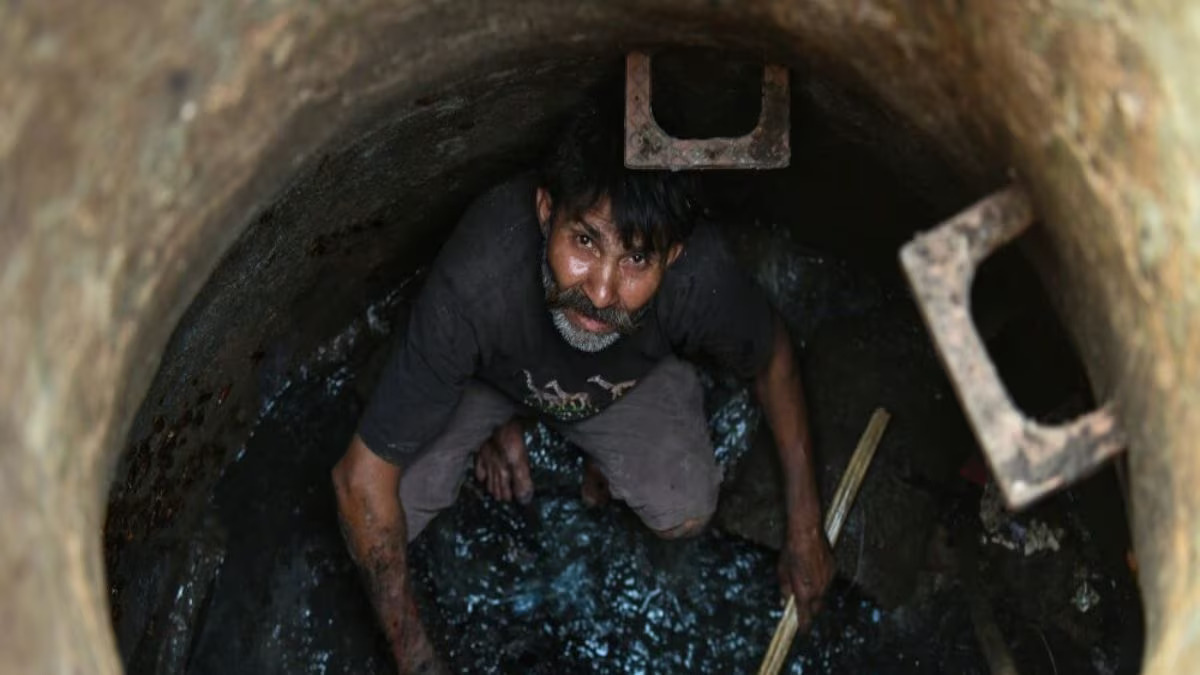Disturbing data released by the Indian government has shed light on a concerning issue that has claimed the lives of 339 workers in the past five years. According to the data, these fatalities occurred while individuals were engaged in manual scavenging and cleaning sewers without adequate safety measures, highlighting the urgent need for stronger measures to address the hazardous practice.
Manual scavenging, an inhumane practice, involves the manual cleaning of sewers and septic tanks without the use of proper protective gear or equipment. Despite being banned in India, this dangerous and degrading activity continues in some parts of the country, exposing workers to life-threatening risks.
The government’s revelation has prompted renewed calls from activists, civil society organizations, and politicians for a more comprehensive approach to eradicate manual scavenging and ensure the safety and dignity of sanitation workers.
Various reasons contribute to the persistence of manual scavenging, including the lack of mechanized cleaning equipment in some regions, inadequate awareness campaigns, and the prevalence of caste-based discrimination. Many workers, often belonging to marginalized communities, are compelled to take up this hazardous job due to economic vulnerability and limited employment opportunities.
The tragic loss of 339 lives over the past five years serves as a grim reminder of the urgent need for stringent enforcement of existing laws and the implementation of effective measures to curb manual scavenging. Advocates emphasize the importance of promoting mechanized cleaning methods and creating alternative livelihood opportunities for sanitation workers to break the cycle of exploitation and danger.
Government officials have acknowledged the seriousness of the issue and pledged to intensify efforts to combat manual scavenging. The data is expected to serve as a wake-up call, urging authorities to accelerate the eradication of this practice and prevent further loss of lives.
Efforts to eliminate manual scavenging require a multi-pronged approach, including stronger enforcement of the Prohibition of Employment as Manual Scavengers and their Rehabilitation Act, strict penalties for violators, improved sanitation infrastructure, and comprehensive training for sanitation workers on safety protocols.
As the nation grapples with this distressing reality, there is a collective responsibility to ensure the safety, dignity, and well-being of all workers, particularly those engaged in sanitation activities. Concerted efforts from all stakeholders, including government agencies, civil society, and citizens, are imperative to put an end to manual scavenging and ensure that no more lives are lost in this hazardous and exploitative practice.










